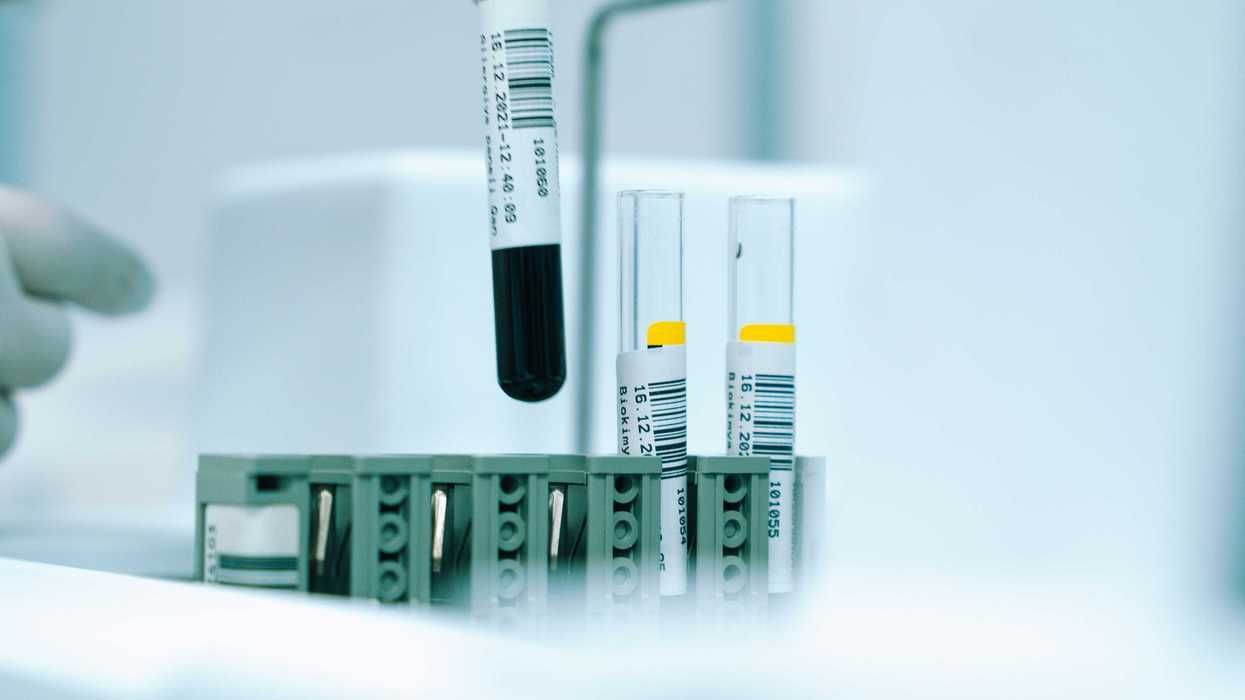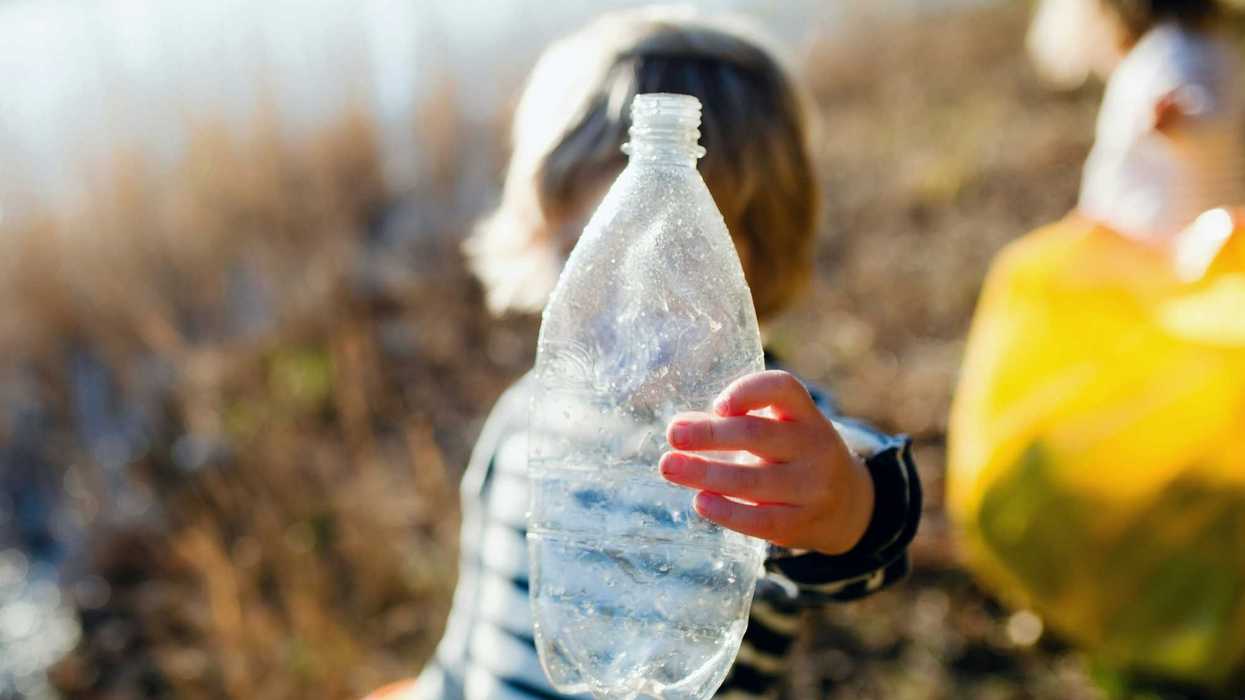Wastewater treatment facilities with technology similar to the plants that serve 70% of the US population are ill-equipped to address contamination from organofluorine chemicals, a class of chemicals that include toxic PFAS, according to recent findings published in the Proceedings of the National Academy of Sciences.
In short:
- Despite advanced treatment technologies, none of the plants studied removed more than 25% of organofluorine contamination from wastewater.
- Pharmaceuticals accounted for up to 75% of the organofluorine contamination found in untreated wastewater.
- The authors estimate that up to 23 million Americans may have drinking water that contains PFAS contamination above regulatory safety limits due to wastewater alone.
Key quote:
“The US Food and Drug Administration’s drug approval process does not consider the environmental persistence and secondary human and ecological exposures to pharmaceuticals….The potential public health consequences of ubiquitous low-level exposures to these compounds require urgent consideration.”
Why this matters:
PFAS, which are used in many everyday products, are associated with severe health effects including an increased risk of cancer, liver and kidney damage, and developmental issues in babies and children. While the US currently regulates 6 types of PFAS, those 6 chemicals only accounted for 8% of the organofluorine contamination measured in this study. Scientists point to the need for a broad regulatory approach to PFAS and related chemicals in order to address their harm to human health.
Related EHN coverage:
- Petrochemical plants send millions of pounds of pollutants into waterways each year: Report
- Industry pushback intensifies against EU proposal to regulate all PFAS chemicals
More resources: The PFAS Exchange, Silent Spring Institute, and PFAS Project Lab developed a map of PFAS contaminated sites around the U.S. It’s important to note that many communities have not yet tested water for PFAS, and more contamination continues to be discovered as more testing occurs.
Ruyle, Bridger et al. for Proceedings of the National Academy of Sciences. Jan. 6, 2025

















